We’re not talking about being afraid. All of us have been afraid — afraid of the dark, afraid of heights, afraid of the dentist, afraid of… well, a host of things. No, we ARE talking about being afraid for our lives and the lives of those we love. That is the terror that freezes us in our tracks, makes our stomachs churn with acid, and makes us weak in the knees for weeks at a time. That is fear born out of a deep sense of futility: life is about to be over, and there is nothing I can do to prevent my destruction.
For many of the apostles, the Sea of Galilee had been at the center of their lives. Some of them were fishermen. They knew the lake and its dangers. They knew the unexpected and violent storms it produced. They knew the legends that went with the lake and its storms. They had survived their share of terrifying moments. But nothing had prepared them for this one evening.
They were exhausted from their successful work in ministry. They were amazed by Jesus choosing to use them to feed the five thousand. As night fell, Jesus dismissed the crowd and sent the apostles across the lake. He would meet them later on the other side of the lake to continue his ministry. However, as the night wore on, they wore out. The wind and the waves were against them. Things grew more and more difficult and dangerous. The seasoned sailors among them were growing more and more alarmed.
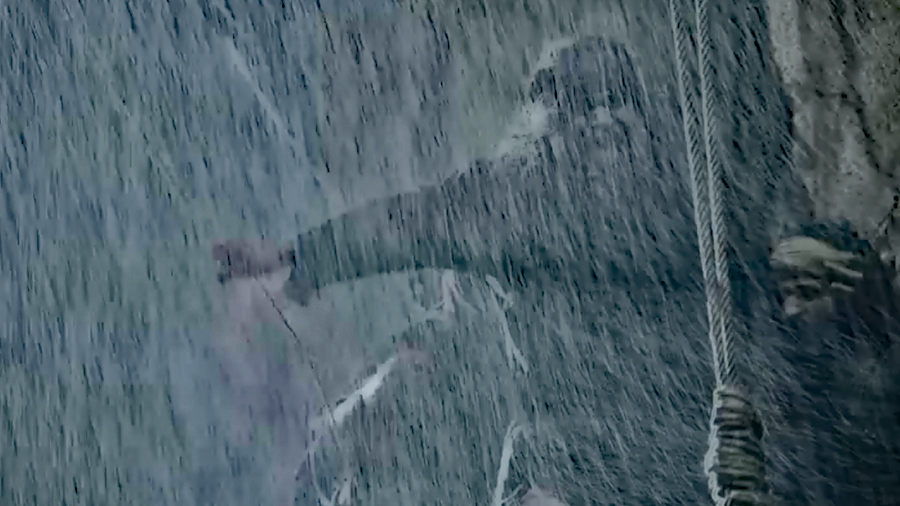
In the middle of their exhaustion, with Jesus on the shore far from them and with the storm increasing in intensity, they began to see things. Strange things. Ghosts? Demons? Sea monsters? They were terrified, yet they were saved. How? John tells the story this way:
Jesus, knowing that they intended to come and make him king by force, withdrew again to a mountain by himself.When evening came, his disciples went down to the lake, where they got into a boat and set off across the lake for Capernaum. By now, it was dark, and Jesus had not yet joined them. A strong wind was blowing, and the waters grew rough. When they had rowed about three or four miles, they saw Jesus approaching the boat, walking on the water; and they were frightened. But he said to them, “It is I; don’t be afraid.” Then they were willing to take him into the boat, and immediately the boat reached the shore where they were heading (John 6:15-21).
In the middle of their terror, Jesus said, “I AM; don’t be afraid.” (That is a literal translation of John’s words.)
As much as they wanted it to be Jesus, there was a part of them that had to say, “I doubt it!”
“I doubt it because we left you on the shoreline so you could go pray. I doubt it because we need you to be with us so badly right now, and that hardly seems possible. I doubt it because this situation is way more challenging than we can handle, and we don’t know how much longer we can last. I doubt it because we don’t have any energy left, and the shoreline is so far away. I doubt it because I’m done, spent, exhausted, and can’t go on!”
Perhaps you’ve been where Jesus’ closest friends were at that moment. I have. Terror filled my heart and paralyzed my actions. Life felt as if it was over. I was waiting for the final, horrifying moment of the tragedy to end. The problem was, I couldn’t move. As much as I wanted my ordeal to be over one way or the other, I was frozen. I was caught between setting sail and landing, caught in the unrelenting storm of uncertainty and fear, danger and doubt.
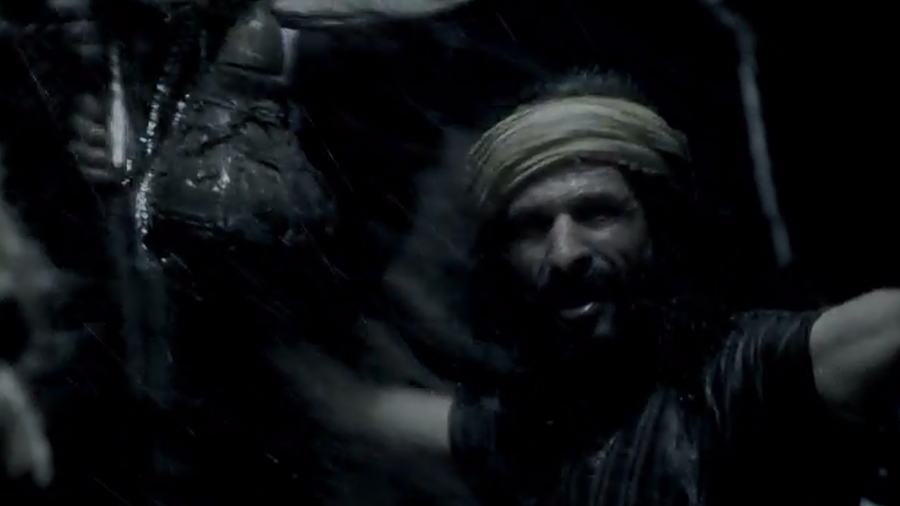
John’s version of this stormy night is short, simple, and straightforward. We will stick with his account. Despite all the fear, exhaustion, and uncertainty, Jesus’ friends did one thing perfectly: “They were willing to take him [Jesus] into the boat.” Despite their doubts, fears, exhaustion, and uncertainties, they reached for the one they needed. He joined them. He came through their storm and joined them in their storm-tossed boat. They welcomed him. And, as John tells it, they “immediately” reached their destination.
My guess is that some of the folks reading this simple little message today find themselves where the friends of Jesus were on Lake Galilee: terrified, exhausted, uncertain, and feeling very hopeless. Your storm, at first glance, is different than the one the disciples faced. It’s not about a familiar lake, a sudden squall, and a growing realization that you are not going to make the shoreline. But your problem is familiar. It sure feels like a storm. It does involve the growing fear that you might not survive the situation. So in reality, your storm is really a lot more like what Jesus’ friends faced that night than it is unlike it. So maybe their solution should also be yours.
God’s promise to Joshua is also his promise to us: “Never will I leave you; never will I forsake you” (Hebrews 13:5). Nothing can separate us from God’s love for us in Christ Jesus, so no matter what we face, we are assured of reaching his destination for us (Romans 8:28-39). So in your storm, and in my next storm, let’s follow the apostles' lead in their storm. Let’s trust that even though we are exhausted, afraid, far from safety, and uncertain about everything, Jesus is trying to get to us through the storm. Let’s be willing to bring him into our mess — whether it is a mess we caused by poor choices, rebellious behavior, sin, or just a mess that descended upon us. Let’s trust that Jesus can get us where we need to be. Most of all, let’s realize the goal of our journey is to find him more than it is to reach our self-appointed shoreline.
Jesus is there for us. He’s coming to us through the storm. Let’s be willing to bring him close and let him bring us to the shore.
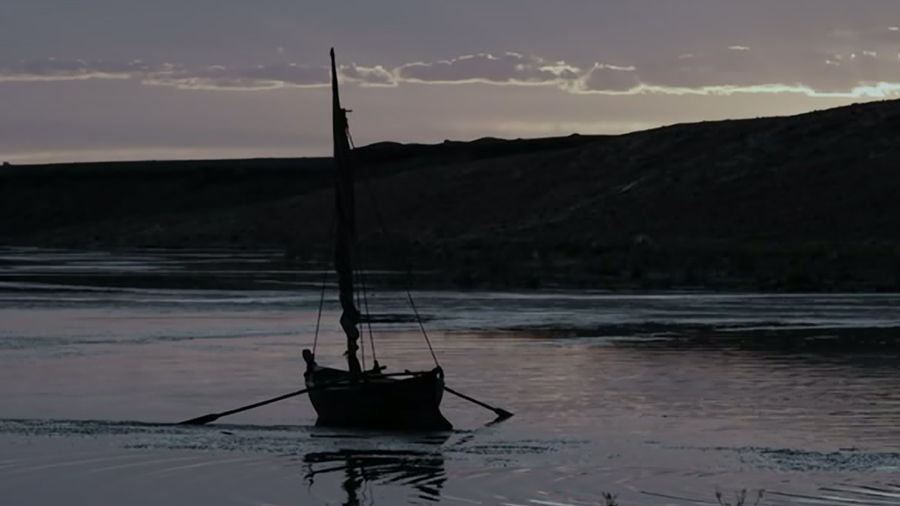
Special thanks for the use of images related to Jesus' ministry from The Lumo Project and Free Bible Images.

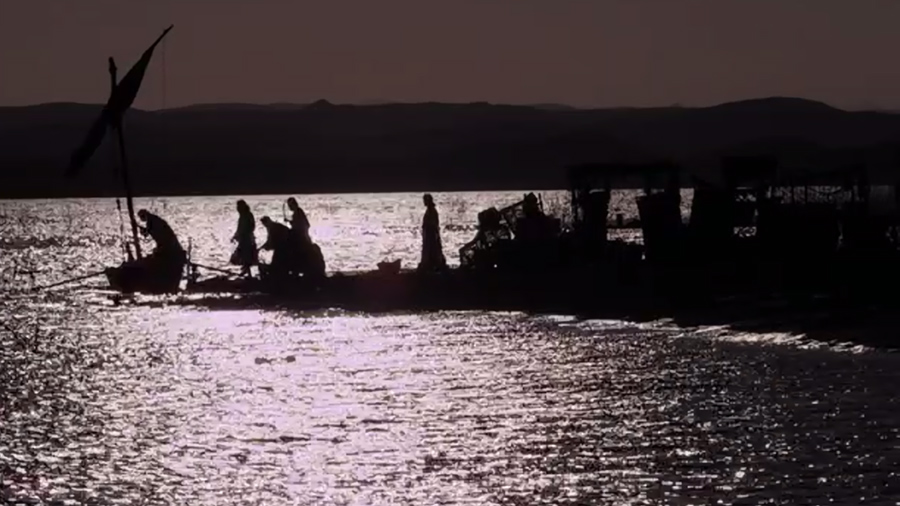




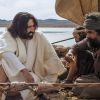


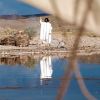
Reader Comments
Archived Facebook Comments